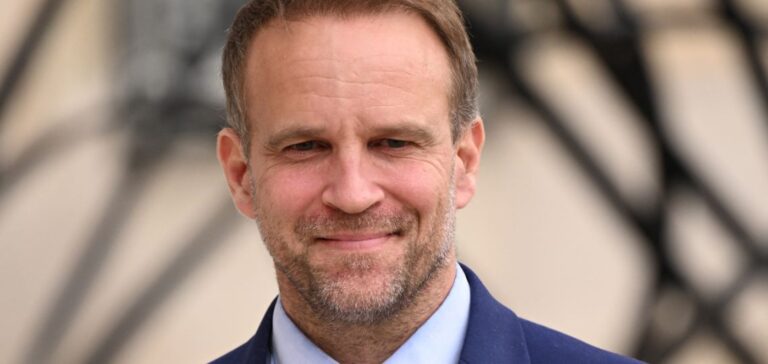French Minister of Industry and Energy Marc Ferracci stated his willingness to submit the upcoming Multiannual Energy Programming (Programmation pluriannuelle de l’énergie, PPE) to a parliamentary debate, potentially followed by a vote. This announcement comes as several political groups, including the Rassemblement National (RN), criticise the adoption of the plan by decree, which they deem opaque. The PPE, which outlines the national energy strategy over a ten-year period, notably aims to raise the share of renewables to 33% of the energy mix by 2030, an objective already enshrined in law.
The minister emphasised that the PPE serves as an implementation tool for directions set by the legislature. He confirmed that authorities are considering holding the debate during the examination of a bill introduced by Senator Daniel Gremillet, a member of the centre-right party Les Républicains (LR), currently under review in the National Assembly. This legislative proposal could provide a more formal framework for the energy programming process.
Political opposition focused on the procedure
Over 160 senators from centre and right-wing parties recently urged High Commissioner for Planning François Bayrou to delay the publication of the PPE, criticising a lack of strategic coherence. Marine Le Pen, Member of Parliament and leader of the RN group in the National Assembly, reiterated the necessity of a parliamentary vote, calling any other process “unforgivable.” This political pressure reflects an increasing push to make energy policy a subject of public debate rather than a regulatory decision.
In response, Marc Ferracci argued that the consultation process had been ongoing for several years. He criticised RN for its lack of participation in previous consultations and accused the party of maintaining a consistently anti-renewables stance. The minister also defended the existing legal framework, pointing out that the targets set by the PPE are already based on laws adopted by Parliament.
Reactions to international trade tensions
Asked separately about transatlantic trade tensions, Marc Ferracci responded to former US President Donald Trump’s announcement of an additional 25% tariff on imported vehicles and auto parts. The minister advocated for countermeasures of similar magnitude, stating that negotiations should not proceed without first asserting a clear balance of power. However, he also called for caution, noting that French automotive suppliers, already under strain, could be severely impacted.






















